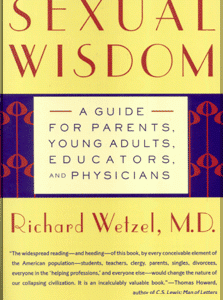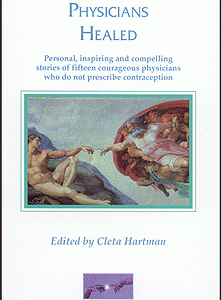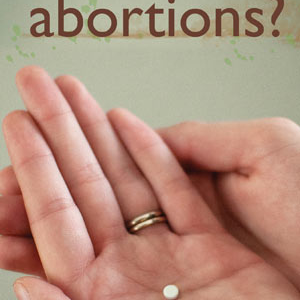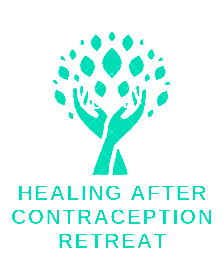From Dr. Frank’s Blog
 I ended my article last time with a brief introduction to the concept of lactational ammenorrhea. Again, this is that natural process where the hormones associated with milk production in the nursing mother delay further ovulation for a time. For the vast majority of women (over 98%), this spacing of fertility lasts for at least 6 months if they are exclusively breast-feeding. After 6 months, most babies are starting to eat other foods and the effect on continued breast-feeding varies from woman to woman.
I ended my article last time with a brief introduction to the concept of lactational ammenorrhea. Again, this is that natural process where the hormones associated with milk production in the nursing mother delay further ovulation for a time. For the vast majority of women (over 98%), this spacing of fertility lasts for at least 6 months if they are exclusively breast-feeding. After 6 months, most babies are starting to eat other foods and the effect on continued breast-feeding varies from woman to woman.
The timing of this return of fertility leads us to our next topic—family planning. This term “family planning” itself is loaded with assumptions. One implication is that those who fail to do such “planning” are somehow irresponsible or even selfish. Another, is the notion that one’s fertility is somehow a dangerous thing that must be reined in and “controlled” through very deliberate “planning.” Thus, the now routine classification of every pregnancy as either “planned” or “unplanned.” Those pregnancies designated to be of the “unplanned” variety are treated entirely differently both in specific situations and in terms of social policy agendas. In fact, amid demographic statistics and epidemiological literature, such “unplanned pregnancies” are treated in the same manner as a serious disease afflicting entire populations of women. No doubt, the birth controllers have waged a very effective public relations campaign at every level of society over the past century. This social engineering has succeeded in replacing within the minds of many, the natural law based concept of fertility as a healthy condition with an unnatural fear of one’s reproductive potential. One might even say we live in a society full of “fertility-phobes,” especially among medical professionals.
Consider the following examples: At many birthing units, women are asked not just once or twice but up to 7 or 8 times before discharge what they plan on using for birth control (such was the routine where I began my training). In medical school, I recall the residents literally handing out packages of “birth control” pills to nearly every postpartum woman on their morning rounds. The implicit message being “you’ve allowed this to happen once already, so you should not let it happen again.” As if the amazing gift of a new human life is a disease that should not be allowed to re-infect the hapless woman. (Only recently have the complications of life-threatening blood clots led to the recommendation that women wait 6 weeks before starting “the pill.”)
International agencies calculate an interesting statistic called “unmet contraceptive need.” How do they arrive at their outrageously high numbers? Simple, they assume all fertile women in the country of interest have such “need.”
Finally, medical students are taught that contraception is the greatest preventative medicine. Interesting…then the worst disease must be pregnancy. If we fail in preventing the disease (pregnancy), we must act quickly and decisively to eliminate the disease (this explains why increased contraception leads to more abortion, not less–as the purveyors of birth control falsely claim). Follow this perverse logic to its conclusion: “when the human species is finally extinct, we will have finally eradicated this greatest of all diseases.” Indeed, whose religion is determined to destroy humanity with its insatiable and irrational hate?








True, true! :(